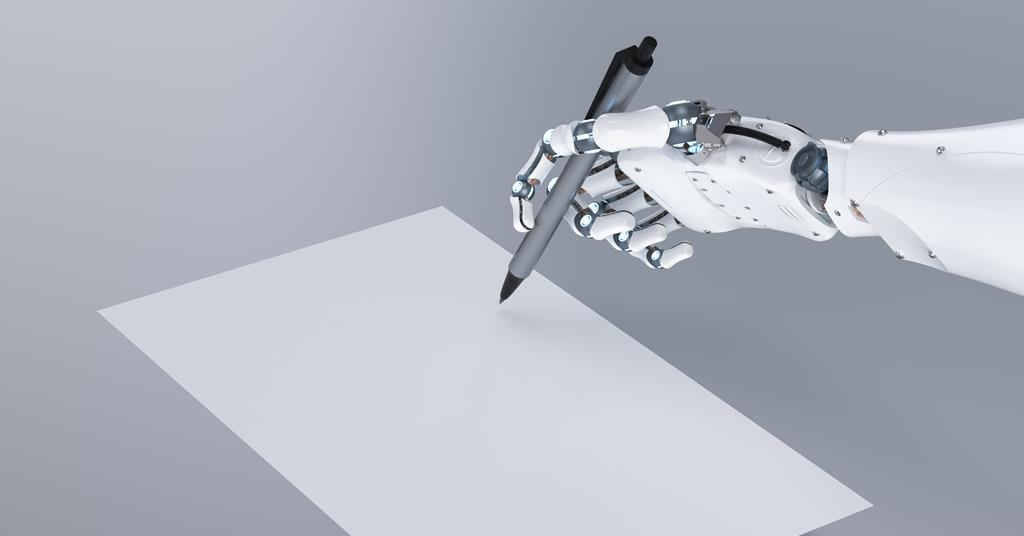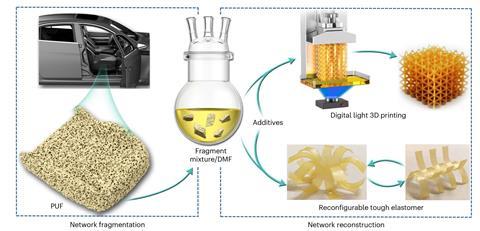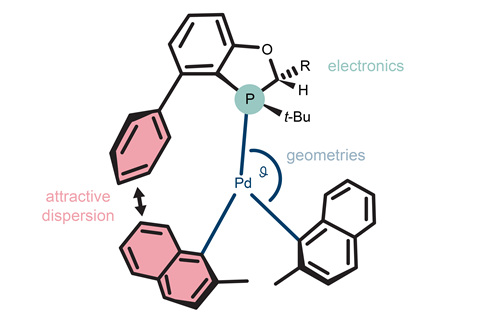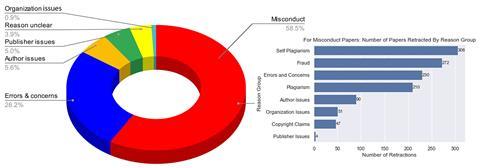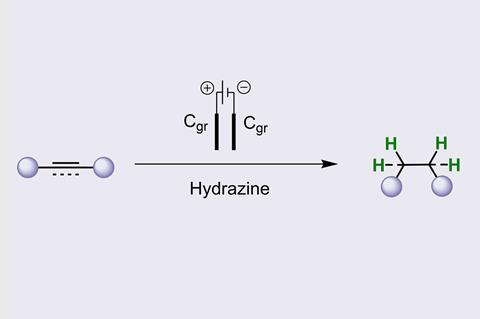A draft rule is under review by the Chinese legislature that would penalise current and former university students who earned bachelor’s, master’s, or PhD degrees if they are shown to have used artificial intelligence (AI) tools to ‘manipulate data’ or write their essays, theses or dissertations. These punishments could include revoking their degrees after a […]
Read More